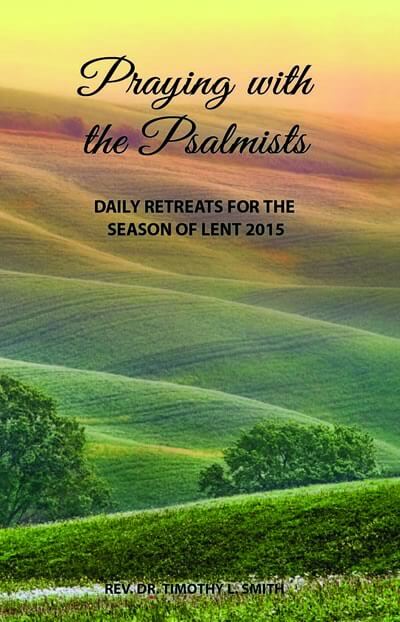 Good For My Soul
Good For My Soul
For the director of music. A psalm of David. When the prophet Nathan came to him after David had committed adultery with Bathsheba.
Have mercy on me, O God,
according to your unfailing love;
according to your great compassion
blot out my transgressions.
Wash away all my iniquity
and cleanse me from my sin.
For I know my transgressions,
and my sin is always before me.
Psalm 51:1-3
The old Scottish proverb says that “confession is good for the soul”, making today’s psalm text good for us all. For here is an example of true confession that has been the sinners’ lifeline to God! This psalm has probably been prayed more than any other psalm in history; for thirteen hundred years it was prescribed that Christians pray it seven times a day. Since all of us sin, and sin frequently, this is a psalm text that probably needs frequent prayer. It is good for the soul.
The superscript says that David wrote this text after committing the sin of adultery with Bathsheba. Sadly, he follows up the adultery with murder, trying to cover up his sin (II Samuel 11-12) Then, for almost a year David refuses to face up to the evil he has done, until he can run no longer. At this point he was confronted by the prophet Nathan: “Why did you despise the word of the LORD by doing what is evil in his eye?” (II Samuel 12:9). In one of Scripture’s most dramatic scenes David breaks down and confesses: “I have sinned against the LORD” (II Samuel 12:13).
It was during this time of hot, fervent confession that David wrote this psalm. Three thousand years later we still pray this psalm because it helps us to come back to God when we have strayed from Him. If you have blown it, this psalm is for you!
Although David pours forth this prayer with powerful emotional intensity, he is able to “consciously structure its symmetries to delight the God of form and beauty and to provide the penitent with a memorable model of theological richness when asking God to be forgiven and restored.” (Bruce Waltke and James Houston, The Psalms As Christian Worship) Passionate, yet contained, David uses different words for his sin in order to express the enormity of his guilt: “transgressions…iniquity…sin”. Mercifully, David then counters his wrongdoing with repeated expressions of God’s great forgiveness: “blot out…wash…cleanse”.
With the Hebrew word pasha translated as “transgressions”, David speaks of his sin as “rebellion against God”. The Hebrew word avon, translated as “iniquity”, paints David’s sin as “perverted” and “twisted”. David gives yet more insight into the gravity of his sin in his word for “sin”, hata, which means “to miss the mark” or “to fall short”. David knows that he has woefully missed the mark of what God had intended for him.
Befitting any confession of sin, David offers up no excuses, no rationalizations, no blaming, or trying to explain away. David’s plea is “I’m guilty”: “my sin is always before me.”
David understands that he does not deserve God’s forgiveness, nor could he ever hope to make good for adultery or murder. So David asks for God’s forgiveness on the basis of two things: “according to your unfailing love” and “according to your great compassion”. It is because of God’s unfailing love and compassion that David can boldly ask: “blot out…wash away…cleanse me…”
In this New Testament age we know even more the wonder of God’s boundless forgiveness than did David. We know Christ and the cross! But we still come and lay hold of God’s fount of forgiveness in the same way as David. We admit the wrong we have done and look to God for His same “unfailing love” and “great compassion”.
READ REFLECT RESPOND REST
RECORD (optional)


 Good For My Soul
Good For My Soul
